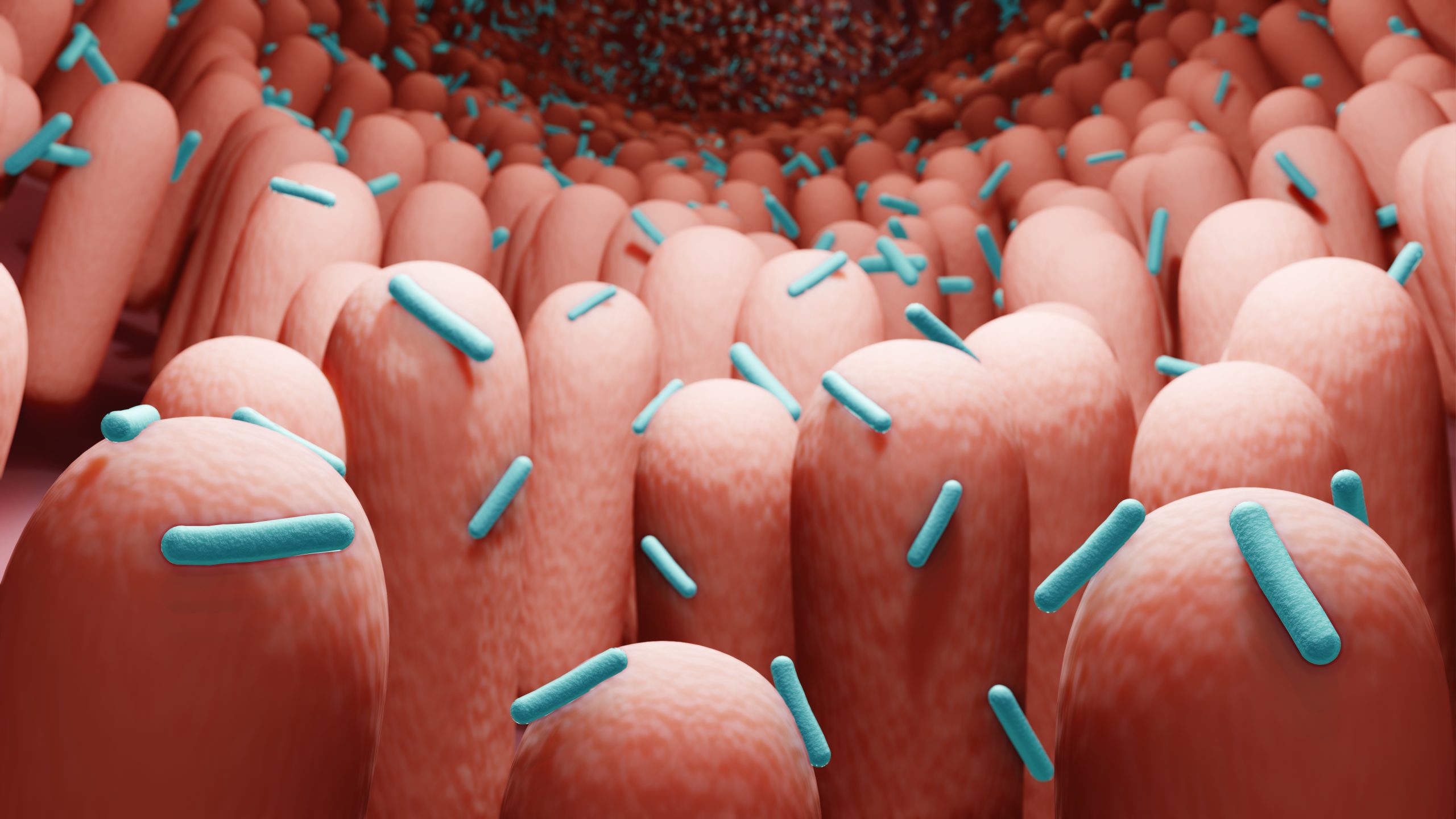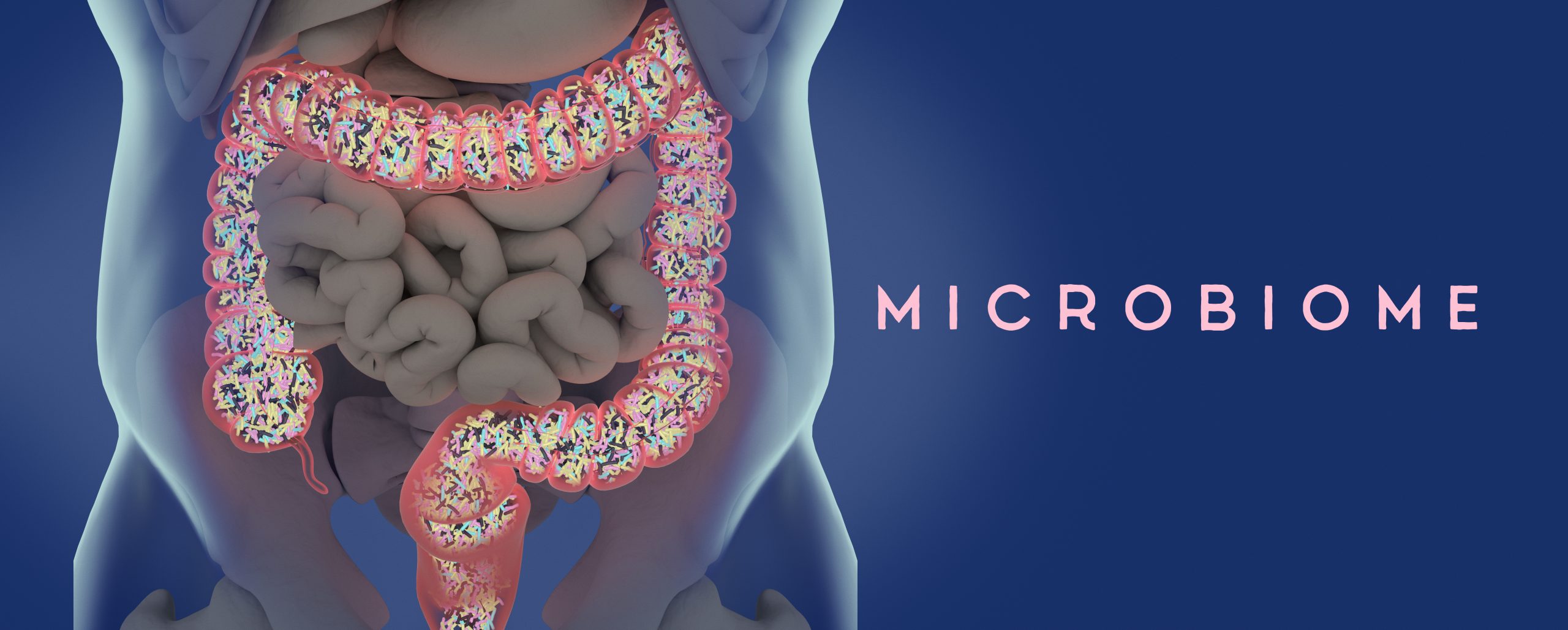Though there has been an explosion of medical research on the microbiome in the last decade due to the advancement in computers and laboratory techniques, there is still much to be explored in this arena. While this topic is extremely complex, I can offer some insight as to why the microbiome is a huge contributor to one’s overall health.
More...
What is the Microbiome?
The human microbiome is defined as a set of organisms inhabiting and interacting with the human body which consist of bacteria, archaea, viruses and eukaryotes.1 While this is an area of research that is currently getting a lot of attention, the microbiome is actually old news, and can be traced as far back as the 17th century with Antonie van Leeuwenhoek, the father of microbiology. His 1677 paper gave the first detailed description of protists and bacteria living in a range of environments.2 There is a microbiome in every human niche that has been examined including, but not limited to the skin surface, the mouth, esophagus, intestines, lungs, and more.3
Impact on the Gut & Overall Health
The microbiome impacts the health of our entire body including digestion, immune system, brain health, mood, and the expression of our genetic code. As many of you may know, approximately 60-70% of your immune system is housed in the gut. Some chronic diseases that are associated with dysbiosis (imbalance in the gut microbial community) include:
· Cardiovascular disease
· Obesity
· Type II Diabetes
· Non-alcoholic Fatty Liver Disease
· Hypertension
· Cognitive Development Disorders
· Depression, Anxiety, and Other Mental Health Conditions
· Autoimmune conditions
People who have had severe responses to the COVID-19 virus are people who have pre-existing conditions, which can be attributed to a dysfunctional microbiome. A study published in March 2020 showed that in order for dendritic cells (cells involved in the immune response) to activate and grab onto the pathogen that is causing the infection and present it to the adaptive immune system, it must get a signal from the microbiome. If it doesn’t get a signal, the dendritic cell just sits there, inactive, while the host just continues to get sick.4 So, the first and most fundamentally important aspect of immune support and improving your immune health is to improve your microbiome!

Tips to Improve Gut and Immune Health
Nutrition is the #1 contributor to your microbial health. One of the first things you can do to improve the health of your microbiome is to increase your fiber intake. However, you can’t just eat a couple of fiber rich foods and call it a day! You need to eat a DIVERSE amount of fruit/veggies every single day as each different plant feeds a different family of microbes. Our ancestors used to eat up to 600 types of foods annually! The average Westerner eats only about 15-20 types of foods annually.4 If you want to dive deeper into this topic, there is an excellent book on how to incorporate more fiber into your diet that I highly recommend called Fiber Fueled by Dr. Will Bulsiewicz.
One of the most powerful, if not the most robust, research study was the American Gut Project. The researchers looked at over 15,000 stool specimens from more than 11,000 people from all around the world and discovered that there was ONE single most powerful predictor of a healthy gut microbiome—DIVERSITY OF PLANTS in the diet. People that were consuming more than 30 varieties of plants on a weekly basis, had the HEALTHIEST gut microbiomes. People that were consuming less than 5 varieties had very poor microbiomes.4 Try to aim for 40 different types of foods per week, and other than fruit and vegetables, different grains, legumes, nuts, seeds, spices, herbs, and mushrooms also count. You can start by experimenting with 1 new type of food per week and aim to eat as many different colors of food as possible.
In the words of Hippocrates, the father of modern medicine, ”All disease begins in the gut.” So, bottom line: take care of your gut and it will take care of you!
References:
1. Ogunrinola et al. (2020). Human microbiome and its impacts on health. Int J Microbiol. doi: 10.1155/2020/8045646.
2. Lane, N. (2015). The unseen world: Reflections on Leeuwenhoek (1677) 'Concerning little animals'. Philos Trans R Soc Lond B Biol Sci, Apr 19; 370(1666):20140344. doi: 10.1098/rstb.2014.0344.
3. Manos, J. (2022). The human microbiome in disease and pathology. APMIS, 130(12), 690-705. doi: 10.1111/apm.13225.
4. Otto, S. (Producer). (2021). The gut-immune solution. Retrieved from https://gutimmunesolution.com/



0 comments